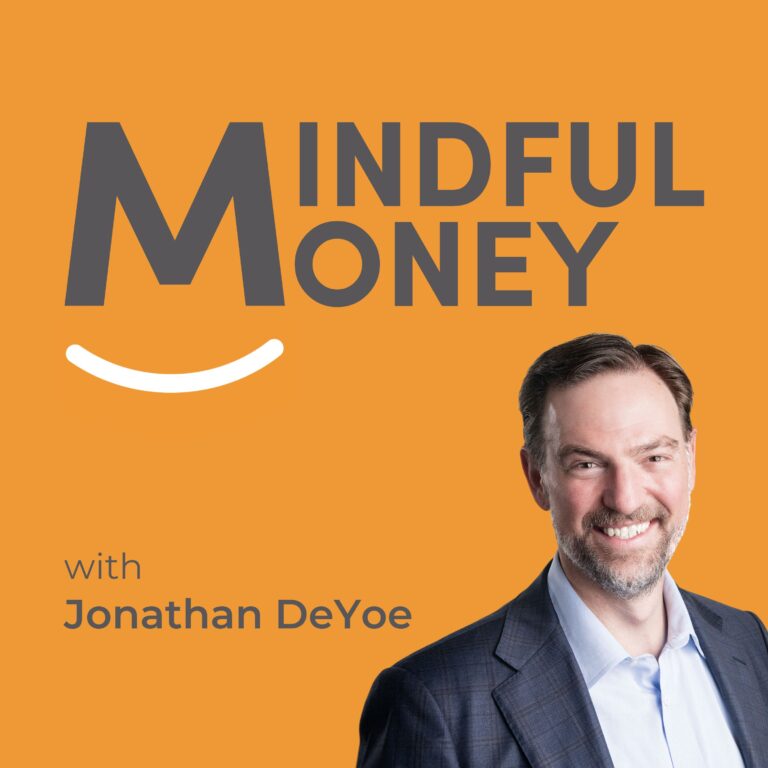Today, I want to lay down a marker.
THIS IS WHEN YOU BUY!
The great companies of the US and the World are on sale. That sale may (or may not) get better. If it does get better, it won’t get that much better. There will be some point in the not-too-distant future where we look back at today – the September retest of the June low – and say, “I wish I would have invested then.”
We hit the lows of this cycle (3636 on the S&P500) in mid-June of ’22. And then it looked like, through mid-August, that we would be right back to the races again as the S&P500 climbed over 18% back to 4305. At the time, the talk was about how earnings were holding up (and they were) and how a recession may not come to pass (and it still may not). Many of you were expressing relief that the markets were once again back on the way up.
I counseled that the volatility was not over. I don’t know where markets are headed, but I do know this: “Earnings” have a season… and that season ends.
It is easy to dismiss the macro news while the positive earnings surprises are rolling in. The positive earnings surprise is the one certainty the equity investor can use to know that companies they are invested in are OK. But, each earnings season comes to an end and we are left guessing about the next season while the macro issues retake the headlines.
Once earnings season came to a close, the only thing the financial press has to talk about is GDP, the Fed, and politics – so that is what they talk about. They ignore in their reporting that none of these issues predicts company earnings or stock prices in any reliable way, and they continue their “news shows” replete with ominous background music and expert interviews, where the experts – none of them having proven the ability to consistently predict anything successfully – go on to predict lots of things (knowing they will appear brilliant when they get it right once, but never be held accountable for the 100 times they get it wrong).
Volatility (Both Up and Down) Is Here to Stay
My statement, “Volatility is not over,” isn’t a prediction of further downside for markets. No one can know that. It is recognition that there is a big question the market always asks – how will ABC or XYZ effect corporate profits. That’s all that matters. Stock prices reflect current profits and the expectations for future profits.
The first of these is measured on a quarterly basis. And we have a long historical record of companies growing their profits – it’s what they do. Sometimes they grow them slowly, sometimes quickly, and sometimes they fall for a short time. It is the inconsistency of short-term profit reports that emboldens those who are market-focused and performance-driven. They are considering their short-term profit expectations in their investment decisions. They get in NOW – anticipating an improvement to future profits. And, they get out when they are anticipating a decline in profits.
They are exactly as good at predicting as the media punditry – most of them are wrong most of the time and none of them is correct consistently. They know they will appear brilliant (and make a lot of money) when they get it right. A professional manager that gets a major call right one time is respected and quoted for decades afterward – even as they get new calls spectacularly wrong.
The difference between participants who are market-focused and performance-driven and the media punditry is that we have a track record of their decisions and we CAN hold them accountable.
First, Professional Prediction Doesn’t Work
There are two reports that come out every year that fully describe the success (failure) of professional active management (those who are the very best at being market-focused and performance-driven). They are Dimensional’s annual study of The Fund Landscape and the S&P Global’s SPIVA Persistence Scorecards.
These studies (among others) look at professional active managers and find:
- There are more funds than ever trying to succeed. Most funds close.
- Most benchmarks (that funds choose themselves) are chosen BECAUSE they are easier to beat.
- Most surviving funds fail to beat even these “easier to beat” benchmarks.
- Those that did beat in the past, don’t beat in the future (there is no persistence).
- High costs & excessive turnover contribute to their underperformance.
Active management fails consistently. We know active management fails consistently.
Yet, surprisingly, we continue to believe that when we have a feeling or thought or concern about either our portfolio or the market’s general direction, we should act on it – as if we, somehow, are immune to the challenges faced by the professionals; as if we think we know more. As if we are not falling to the very same over-confidence and confirmation bias.
Every portfolio action (except for regular rebalancing) is an act of prediction.
Predicting is just another investment word for guessing or speculating. When you are predicting, you are guessing.
Prediction doesn’t work consistently.
Stop Predicting.
Second, WE Don’t Need To Predict The Short-Term To Be Successful Long-Term
Probably the most important thing from above is that those who are market-focused and performance driven are making their investment decisions based on their expectations for quarterly earnings. As goal-focused and planning-driven investors – these are not our monkeys; this is not our circus.
This is the very height of insanity, because quarterly earnings aren’t predictable (see above – many try, none succeed). And, why would you try to predict the unpredictable when the more you zoom out (to a year, 18 months, or 3 years) the trend of increasing earnings is – if not perfectly predictable – incredibly clear and obvious.
You don’t have to play the short-term prediction game. You can simply trust that companies exist to increase their earnings (a simple fact, stated without any judgment). And, you have ample evidence of this truth… you can look at almost ANY 3-year period and you will see that the aggregate earnings of publicly-traded companies are higher at the end than they were at the beginning. The further you zoom out your timeline, the greater your odds at seeing improved earnings.
If your advisor provides any value at all in the investment-selection & market-timing space, it is to:
- Convince you of the futility of predicting,
- Help you avoid the inevitable desire to predict, and
- Help you notice when you tilt into prediction.
THE reason that mindfulness is so important to investing is that mindfulness (of the research above, of the limitations of our knowledge, of our own biases, of our competitive nature, and of our desire to predict and be right) creates a space between our feelings about the current investment environment and the decision to change our appropriately-allocated and beautifully diversified portfolio.
Mindfulness can keep us from predicting.
And, one more time (with feeling), predicting doesn’t work.





